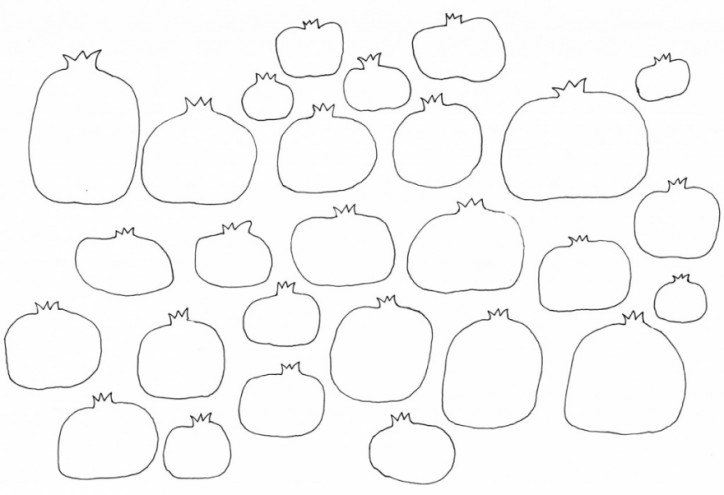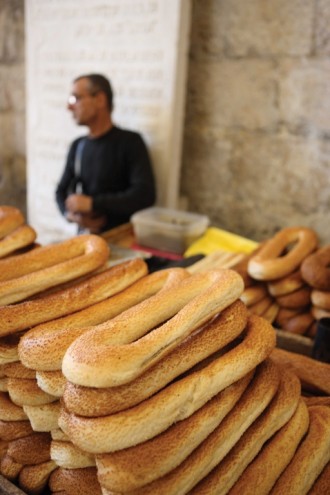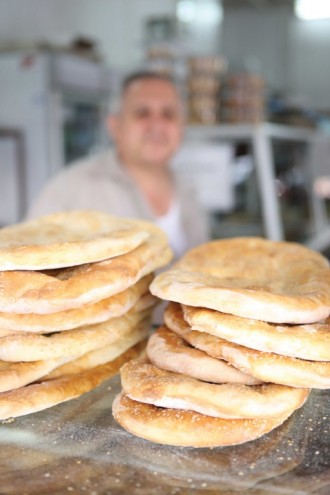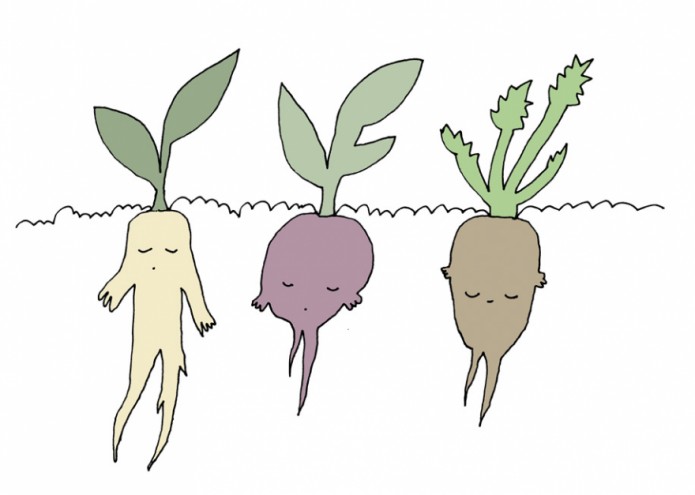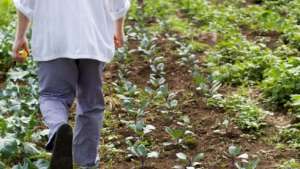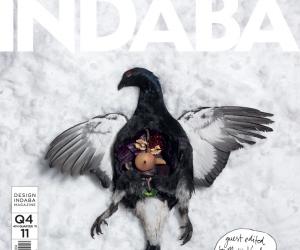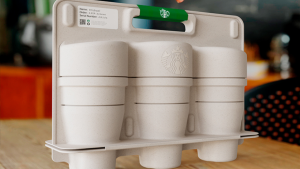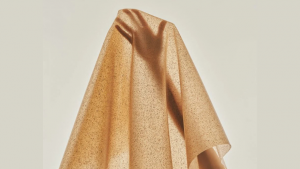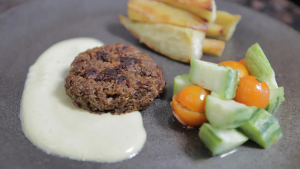From the Series
First Published in
“Our basic message is ‘make food not war’,” says Kamal Mouzawak, founder of the Souk el Tayeb farmers market in Lebanon. “We have more than 47 families who live off this market, united under one roof. If only the entire country was like that,” he goes on.
Mouzawak established the weekly Souk el Tayeb – “tayeb” interchangeably meaning “good”, “tasty” or “lively” – in 2004. It is still the only producer’s market in the Middle East. “It was a move from rural to urban, taking wonderful producers that are doing a great job in their village to where the demand and purchasing power is,” explains the television personality, entrepreneur, chef and writer.
Initially, even today, the souk mostly attracted the foreign, trendy and health aware. The issues at hand were the same food politics the world as a whole is experiencing – a commercial, industrialised food system that has become alienated from the environment it relies on and the consumer it serves.
The market is Mouzawak’s solution: “You have no intermediaries who take the money and you sell only what you produce, plant or cook. You have direct contact with the consumer and the consumer no longer sees food as a commodity that can be bought with money alone. It is something that somebody has to produce and, if as a consumer you can’t work in a garden or kitchen, at least you have direct contact with the producer, the farmer or the cook to understand that food is not simply a product that money can buy in a supermarket.”
Beyond food politics, on a deeper social level without being heavy-handed, using the simple respect of communal presence, the Souk el Tayeb has, initially incidentally, come to represent a utopian Lebanon where all cultural divides are put to rest. “In Lebanon we have many different religious sects with seemingly nothing in common. Except food,” explains Mouzawak. For instance, Christians eat the same festive cookies during Easter as Muslims do for Eid el Kebir. “Muslims and Christians in the north eat the same food. Muslims and Christians in the south eat the same food. The differences are actually regional.”
The first formal expression of this accidental square of cultural peace, to be found in the heart of the Bierut city centre, was the formation of the United Farmers for Lebanon initiative in 2005. On the 30th anniversary of the Lebanon civil war, the farmers of the souk marched and showed a map of Lebanon that replaced the cities with the names of the regional foods.
However, it was when the Souk el Tayeb refused to close down during the 2006 Hezbollah-Israel war that it really put its money where its – uh – mouth is, as an outpost of apolitical resistance. In trying to ensure the farmers and producers of the souk’s livelihoods, the souk picked up and travelled to its customers, who were hiding in the mountains.
“A market is the best expression of one’s history, land and tradition,” Mouzawak explains his passion for maintaining this activist tone of the Souk el Tayeb. In 2007 Mouzawak started growing his Souk el Tayeb enterprise to include Food and Feast festivals. The opposite of the rural-to-urban motivation of the souk, these weekend festivals were held in small towns that specialised in certain delicacies, attracting the city dwellers. Due to the fragmentation of the country during the war, many Lebanese have never seen any other part of the country except their own city.
In 2009, Mouzawak also launched the Tawlet – meaning “farmers kitchen” – in Bierut. The Tawlet invites a different rural cook to prepare a buffet of their region’s specialty dishes every day. Patrons can enjoy the food in a restaurant-type setup, but also watch and participate in the cooking. Speaking to how the initiative has been picked up by the global imagination, the Tawlet has popped up at the Tokyo Design Week as well as in one of the galleries of the Tate Modern.
Educational programmes for schools, colleges and consumers have also been developed under the auspices of Souk el Tayeb. In addition, the souk itself runs campaigns and special events that encourage recycling, furniture restoration, garage sales and other responsible lifestyle choices. Every first souk of the month also invites African and Asian workers to present their indigenous foods. “It’s a way to say that everybody has a tradition, everybody has a wonderful tradition, and everybody can go and meet each other at the market,” insists Mouzawak.
Mouzawak is not the only person working in the Middle East who appreciates the value of food in bringing about cultural and personal peace and understanding. In Annia Ciezadlo’s acclaimed food memoir Day of Honey, she describes living in Iraq during the war and food being the only personal and communal solace to be found in these extreme times.
On a more practical level are Merijn Tol and Nadia Zerouali, two Dutch food and cookbook writers who have become motivated by the Arabia region. They have published two cookbooks – Arabia and Bismilla Arabia. These books, like Mouzawak, seek to emphasise the similarities rather than the differences in the region, spanning from Syria, Lebanon, Israel and Palestine in the Middle East; to Morocco, Tunisia, Libya and Algeria in the Maghreb; and Andalucia, Sicily, Sardinia and Catalunya in southern Europe.
More than cookbooks however, that are collaborating with Shir Halpern on the “Recipes of the Whole Land” project, which is envisioned as a big outdoor eat-in for Israelis and Palestinians in Tel Aviv, Jerusalem, West Bank and, if possible, Gaza. Due for Spring 2012, the event will attract consumers, farmers and schoolchildren in sharing recipes, ideas, traditions, gardens and, most importantly, food. “We are naïve, but on purpose. We believe in the force of sharing food and connecting,” smiles Tol.
She quotes Immanuel Kant: “A meal is something of a treaty where you ensure each other safety and life, and are well willing towards each other.” But, she says: “We add: If I break bread with you, I won’t break your neck as easily.”

